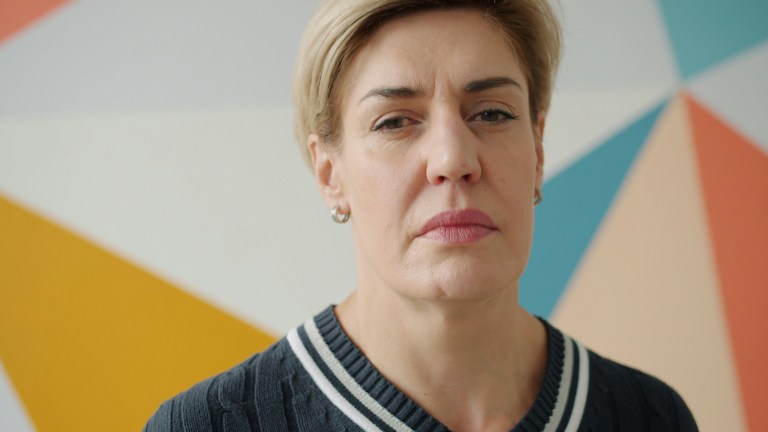
There’s One Key Difference Between Relationships That Last And Ones That Don’t
The point is that navigating which relationships are right and which are wrong is not as straightforward of a task as it seems.
In your lifetime, you’re going to be in many different relationships.
There will be more than one occasion in which you think you’ve met your soulmate. They’ll send sparks into your core, the love maps will align, and you will be sure, by the virtue of your overwhelming feelings, that you have found the one person who is right for you.
… That is until they aren’t.
People don’t couple up with the wrong person, they choose who they think is the best option, only later to actually get to know them and realize they were wrong. People don’t hang onto almost relationships because they are naive, they stay because there’s just enough good, just enough promise, just enough hope to keep them coming back.
The point is that navigating which relationships are right and which are wrong is not as straightforward of a task as it seems.
Behind every woman who stays with a man who can’t commit is that man promising her they have a supernatural connection. Behind every man who stays with a woman who doesn’t love him is a woman who does care, sometimes, just enough. Behind every person who stays despite the verbal abuse is a partner promising that they’ll do better, and proving it just long enough to be convincing. Behind every lukewarm couple is a flame that flickers just bright enough, just often enough, to keep it sustained.
When you’re caught between wanting to stay and go, dreaming of the sister life you could have had if you’d followed another path, and the life that could be yours if you stick it out, is there a way to know what to do?
There is, and it is this:
Even if things aren’t going well, are both of you committed — right here, and right now — to making the changes necessary so that they go better?
It seems so clear, but like fish that don’t realize they’re swimming in water, it’s one of David Foster Wallace’s “elusive obvious” facts about life.
The key difference between the relationships that last and the ones that don’t is that the ones that make it are composed of two partners who, beyond anything else, are committed to growing, to changing, to healing, and to continuing to show up for one another — no matter what.
If you’re with someone who claims to love you but wants to explore “what else is out there” just a little bit more? That is not your person. If you’re with someone who says you’re perfect for them, but just not “right now?” That is not your person. If you’re with someone who you are afraid not to be with, and that fear is the reason you stay? That is not your person.
If you are with someone who you’re afraid to talk to, afraid to confront, afraid to express yourself to, out of fear that they would leave you? That is not your person. If you are with someone with whom you never argue because neither of you is being totally transparent about your needs? That is not your person.
But most of all, if you are with someone with whom your relationship gets harder over time, that is not your person. The key to a relationship that works is that, as the years go on, you learn each other, you adapt to each other, you grow more fond of one another, you bond more closely together, you become better at navigating conflict, and you grow out of romantic counterparts, and into genuine best friendship.
That is your person.
The right relationships get better, and easier, over time. Not the opposite way around.
Sure, life is complicated. Things get hard. But the point of the main relationship in your life is to assist you in becoming the person you want and are meant to be. The purpose is to continue to grow, together, at once, in the same direction.
If you are with someone who drives you into isolation, you aren’t with the right person. If you are with someone who won’t commit to you right here and now, you are not with the right person. If you are with someone who seems disinterested in making your problems better, who would rather be right than be happy, you are not with the right person.
It’s not that hard to see. We just complicate it because sometimes, denial is easier than the truth. But it is often so plainly written, it becomes tough to read. The relationships that last are the ones in which growth is prioritized, connection is fostered, and the gaps and doubts and struggles you experience help you get better — not worse — as we go along. ![]()











